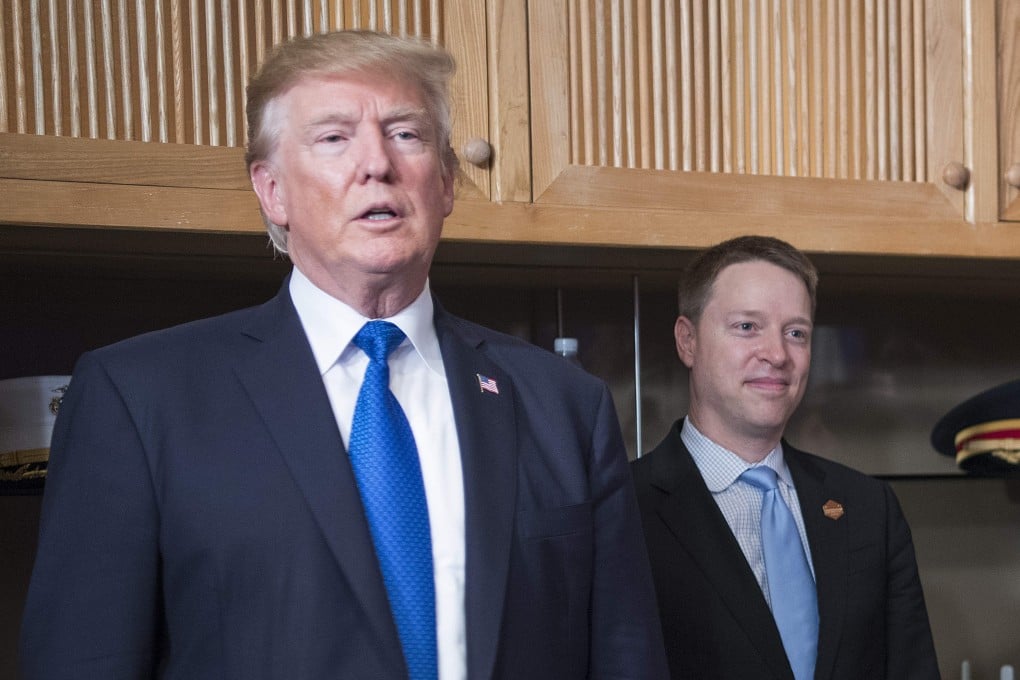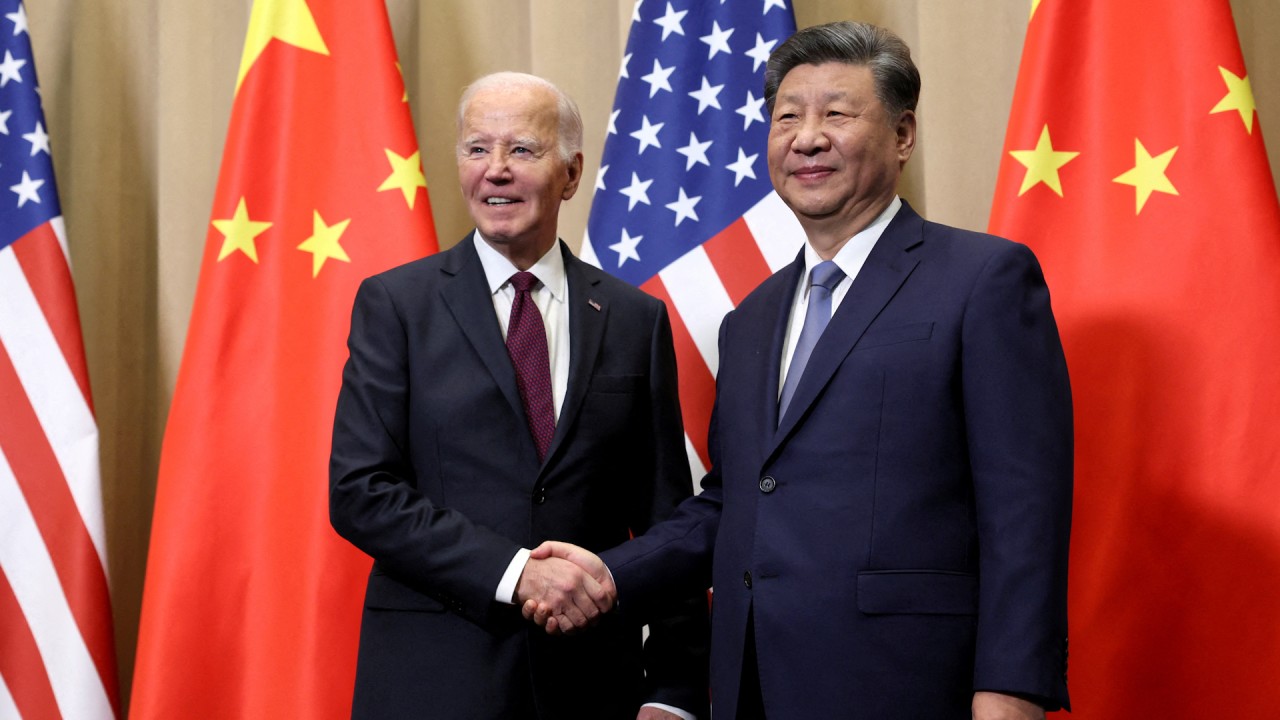Peer pressure may be fuelling hawkish stances on China among US foreign policy elite
A survey of foreign policy specialists concluded that many of them felt they needed to modify their stance to appear tougher than they are

American foreign policy specialists are being pushed to appear more hawkish towards China than they actually are because of professional and social pressures, a new survey has concluded.
It said there is “a degree of pluralistic ignorance in the foreign policy community, where people overestimate the level of consensus, inflate the level of threat, and believe collective opinion to be more confrontational than it really is”.
The authors, Michael Cerny, a PhD student in the Department of Government at Harvard, along with Rory Truex, an associate professor of Politics and International Affairs at Princeton, surveyed 495 foreign policy specialists and conducted 55 in-depth interviews.
They found that 21.8 per cent of respondents experienced social pressure to express certain views on US policy towards China and this disproportionately affected women and younger or non-white specialists.
“I think that as a young person and a liberal person and a woman in this field, there’s a pressure to overcompensate by being more hawkish,” one interviewee told them.
Donald Trump’s incoming administration is expected to take a hardline stance and the president-elect has nominated several prominent China hawks for cabinet roles.

